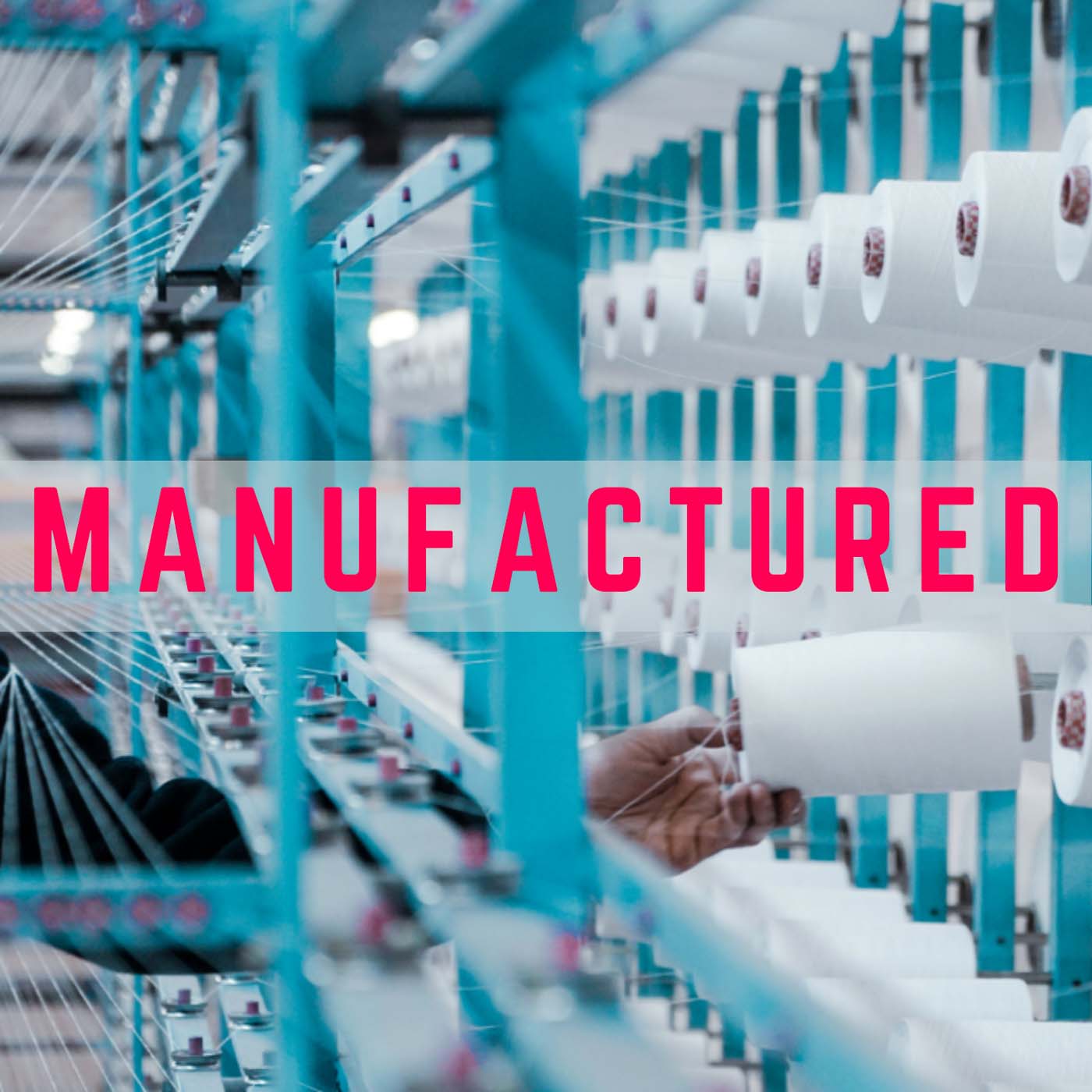This is part two of our conversation with Crispin Argento, Managing Director at the Sourcery and former Executive Director of the Organic Cotton Accelerator.
Why is cotton traceability so difficult? Why are recent bans on Xinjiang cotton so hard to enforce? What does Crispin think about technological developments designed to help with traceability?
This takes us into another hot topic in the world of sustainable fashion: open costing. How does Crispin approach this within his work, and under what conditions is transparency around costs and pricing beneficial to all players across the supply chain? Is there potential for cotton growers to ban together and advocate collectively, like we’re starting to see at other levels of the supply chain through the STAR Network?
We close with a big question: how does Crispin define sustainable cotton?
U.S. to pay $300 million to end Brazil cotton trade dispute.
The Tyranny of King Cotton, an article on US subsidies by Joseph Stiglitz.
Nike and Coca-Cola Lobby Against Xinjiang Forced Labor Bill.
Navigating Transparency and Compliance Through Collaboration and Trust Building, an article by Crispin Argento.
Check out Cotton Diaries, a global community of people passionate about cotton and committed to making cotton supply chains more sustainable.

Photo by Magda Ehlers

Imagine a shop with jeans from all different brands, where the only thing tying it all together is that they’re made of denim from...

As a result of our collaboration with GIZ FABRIC we had the immense good fortune of connecting with Miran Ali, spokesperson for the STAR...

This is a short message from Crispin Argento, Co-founder and MD of Sourcery, about a fundraiser they’re doing to support Pakistani cotton growers adversely...